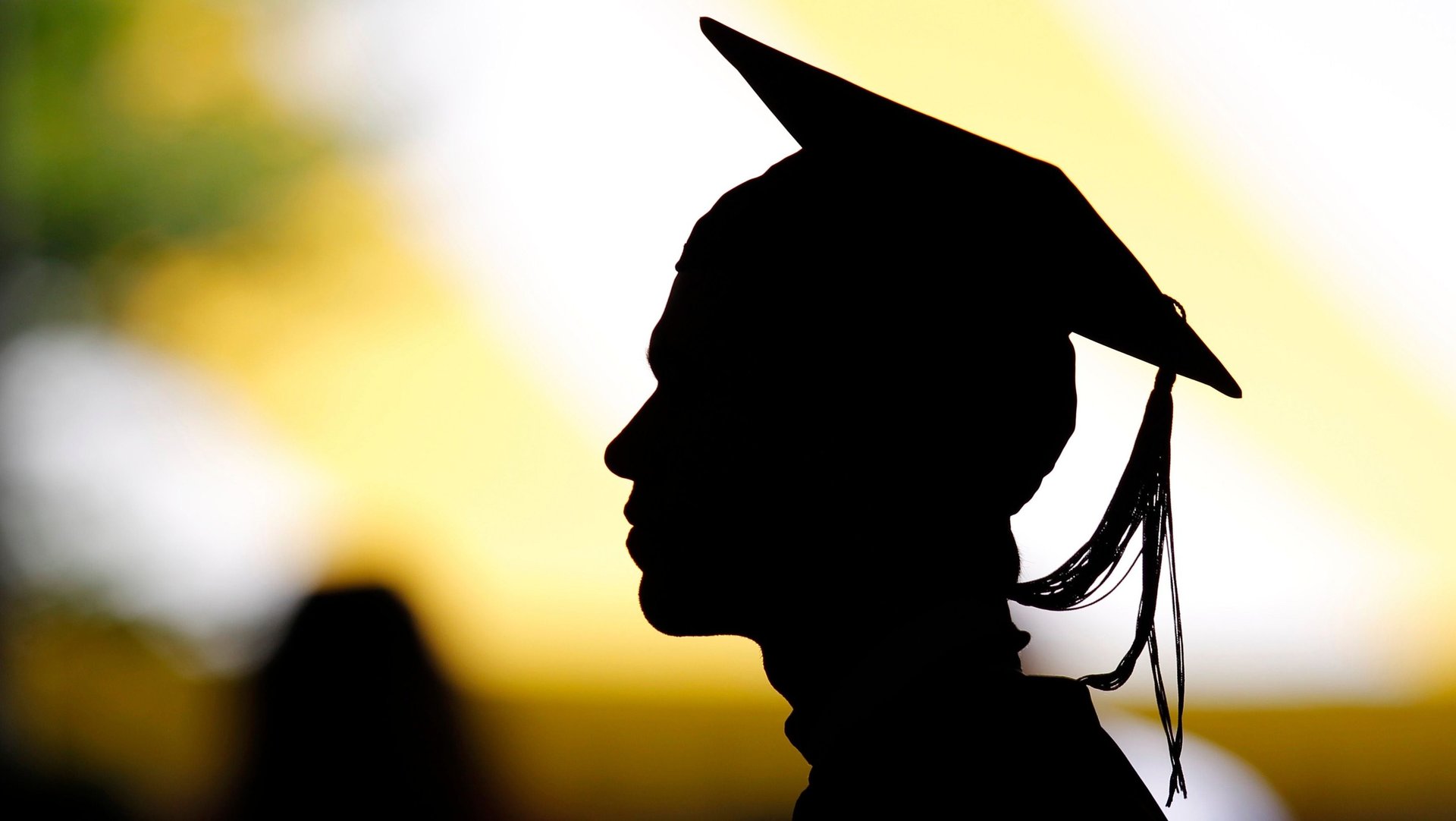The bright side of the college admissions scandal
It’s tempting to view this week’s college admissions scandal as an indictment of the inequities of higher education in the US. The revelations that affluent families bribed their kids into elite universities makes plain what has been tacitly known for years: The wealthy and privileged carry huge advantages in college admissions.


It’s tempting to view this week’s college admissions scandal as an indictment of the inequities of higher education in the US. The revelations that affluent families bribed their kids into elite universities makes plain what has been tacitly known for years: The wealthy and privileged carry huge advantages in college admissions.
But it’s also evidence that elite universities have actually become much more meritocratic, such that some mediocre but wealthy students who were once ushered into Ivy League colleges now feel they have to resort to bribery and fraud (or, at least, their parents do).
It once was far easier to get into an elite university if you were white, male, and rich. In 1933, for example, 82% of Harvard applicants were admitted. By 2003, the number fell to 9.8%. Last year the number was 4.6%. Elite universities are now drawing from a much wider base of applicants, a trend that started with the admission of women.
In recent years, the growing wealth of Americans, the rise of a global middle class eager for a US education (particularly in China), and—to the credit of the colleges—much more generous financial aid (Harvard is basically free for families that earn less than $65,000) has meant there are fewer slots available for lackluster children of privilege.
Essentially, it’s a classic problem of supply and demand—demand soared while supply basically remained static. The number of seats for freshmen at the top schools has barely changed. At Dartmouth, for example, the number of applicants nearly doubled between 2003 and 2018, to 22,033, while the number of students admitted actually fell 8%, to 1,925. Universities, of course, benefit from this scarcity and are happy to trumpet the ever-escalating rise in applications: the more exclusive the good, the more they can charge, and the more prestigious and desirable the school.
University admissions are still far from egalitarian, but they have made strides in leveling the playing field. Given the steepening odds, it’s no wonder the super rich, who use wealth to ease their passage past all other obstacles, might see college admission as just another problem solved with money.
This post was originally published in the weekend edition of the Quartz Daily Brief newsletter. Sign up for it here.